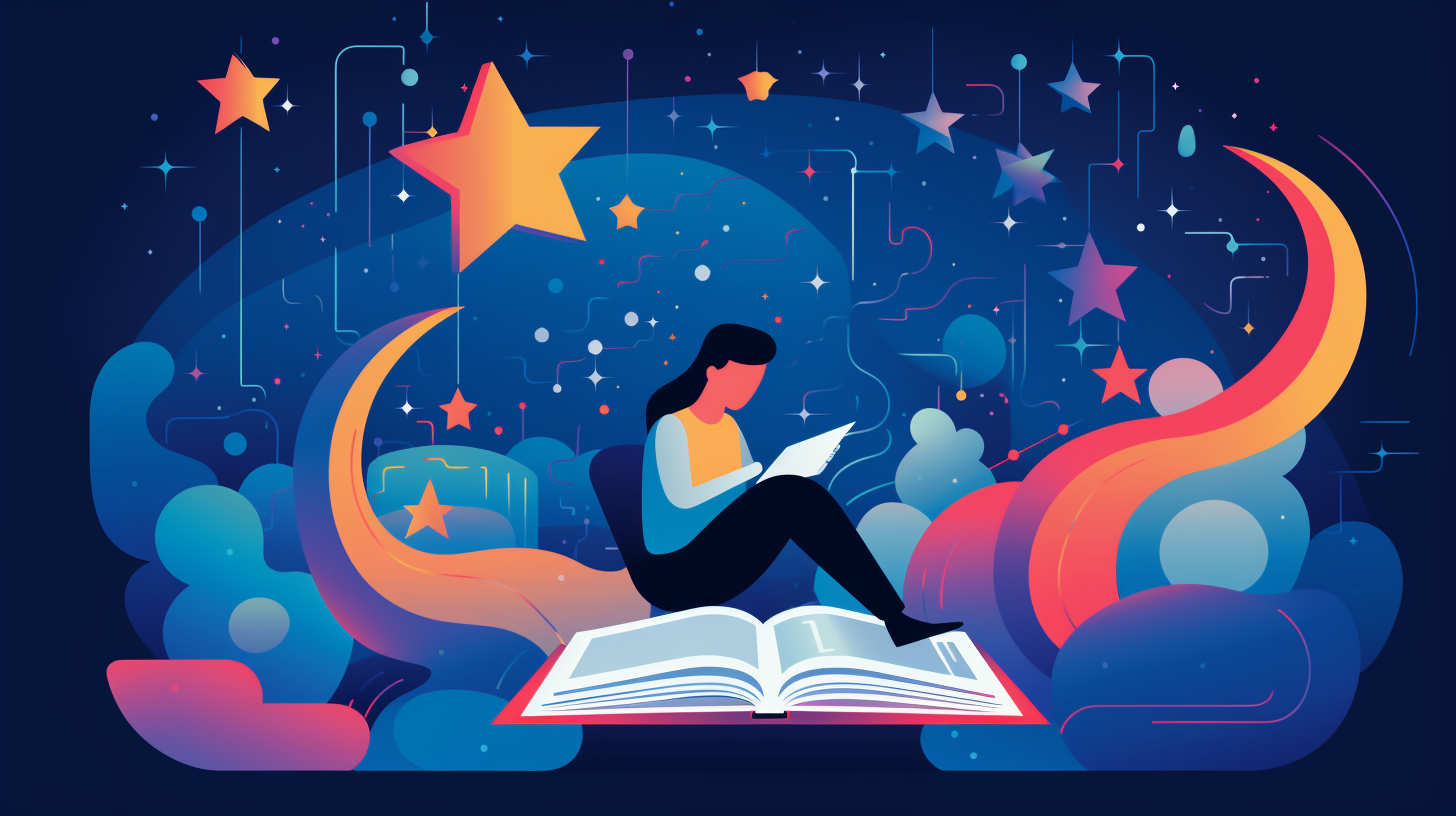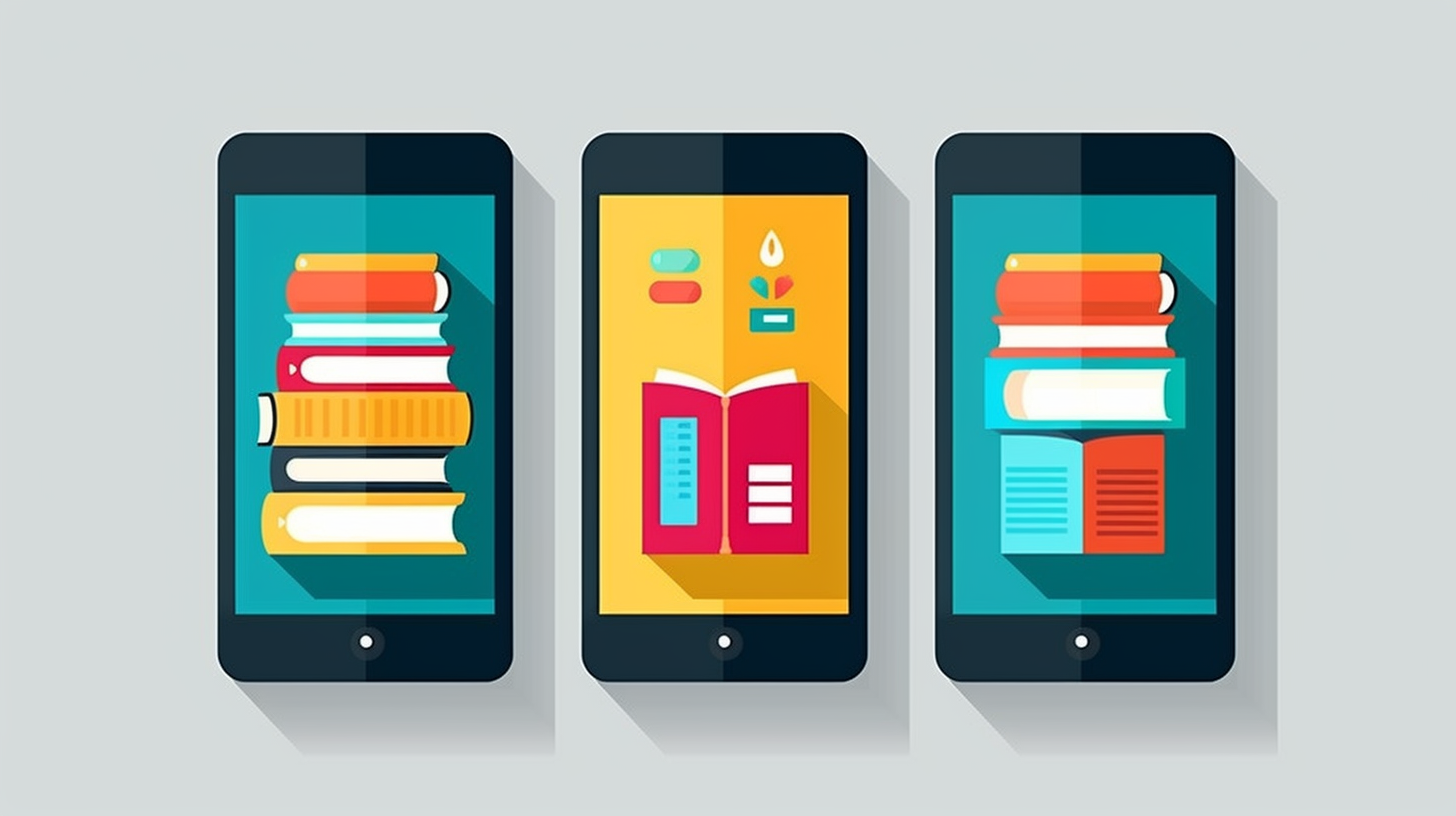Have you ever wondered if the phrase “can you read in dreams” holds any truth? While dreaming, you’ve likely encountered bizarre scenarios, but have you ever tried to read a street sign or a book? Dreams are a mysterious frontier, and understanding the nature of dreams can offer insights into our subconscious.
In this text, you’ll jump into the perceptions in dreams and how they differ from your waking reality. You’ll explore the language barrier in dreams, often challenging reading. You’ll also discover what theories and research say about reading in dreams and why it’s such a fascinating topic.
Finally, you’ll examine the significance of reading in dreams and what it could reveal about your inner thoughts and feelings. Get ready to unlock the secrets behind the words and letters that dance through your dream world.
The Nature of Dreams
Dreams as a Window to the Unconscious Mind
Ever wonder what happens behind the curtain of your conscious mind when you sleep? While reading in dreams may seem like a novel concept, it’s much more than that—it’s a peek into the unconscious. As you drift into sleep, your mind doesn’t simply turn off; it transitions into a complex state where emotions, experiences, and thoughts intertwine.
Dreams are not just random images but reflections of your unconscious mind communicating in a language not bound by reality. In these dreams, the question “Can you read in dreams?” is less about the act of reading and more about understanding the symbols and messages your unconscious is trying to convey.
Imagine your brain as a vast, enigmatic library. Within its depths, books represent different facets of your psyche. Some dream researchers suggest that reading in dreams or questioning, “Why can’t you read in dreams?” symbolizes your attempt to make sense of the unconscious narratives woven throughout your daily experiences. If you find yourself thinking, “I can read in my dreams,” it might not be the reading itself that’s significant but the insight it provides into your deeper cognitions.
The Role of Dreams in Emotional Processing
Remember that each night’s journey is your emotional theater when considering dreams’ roles. Dreams agitate and sift through the detritus of your day, playing out scenarios that might seem illogical upon waking but are steeped in emotional truth. During REM sleep, the stage where dreams are most vivid, the experiences that have emotionally impacted you take center stage.
Analyzing dreams through emotional processing opens the door to questions like “Why can I read in my dreams when I know it’s impossible in real life?” Reading in your dreams might be a conduit for your brain to process complex emotions and experiences that you’ve absorbed—a nocturnal emotional digesting system. In dreams, you can travel to any scenario or relive any moment, making the impossible seem plausible, even if for a brief moment right before you awaken.
The Perceptions in Dreams
Visual Imagery in Dreams
When you’re nestled in your bed, your mind may embark on a surreal journey where the question arises: can you read in dreams? Visuals play the starring role in this nighttime drama. Unlike reading a book where the text is clear, reading in dreams brings a mismatch of clarity and confusion. The vibrant visual imagery that dreams are made of often feels so real that some people claim, “I can read in my dreams,” though in reality, this reading is unlike waking life.
You might experience scenes with written words that seem legible, but on closer inspection, they’re often nonsensical. The question of why can’t you read in dreams stems from the brain’s different operating system in sleep mode—areas like Wernicke’s area, crucial for language processing, are less active. Hence, if you’ve ever pondered, “Can I read in my dreams?” it’s due to your brain’s unique way of weaving narratives.
Sensory Experiences in Dreams
Beyond visuals, dreams engage all your senses. Perhaps you’ve asked, “Can you read in your dreams using other senses?” Your dream-read words may invoke tastes, smells, or sounds, crafting a multi-sensory experience. Those who’ve never envisioned text in slumber may wonder, “Why can I read in my dreams when my friend cannot?” It’s possibly because your brain is differently tuned, emphasizing other senses that augment your dream’s vividness.
In dreams, sensations can be magnified, reflecting an emotional state rather than logical scenarios. So, when you ponder on “Can you read in a dream?” imagine that you’re feeling the essence of words rather than decoding them letter by letter. This sensory blend weaves through all dreamers, irrespective of their sight in waking life; the blind may not see in dreams, but they can experience language through smell, taste, and sound.
The Language Barrier in Dreams
The Difficulty of Reading in Dreams
Ever wondered can you read in dreams? It turns out that reading in dreams is quite the conundrum for most. When you’re nestled in your bed, drifting off, the complexity of decoding text transforms. Dreaming flips the script; words become jumbled, and sentences run amok, making it nearly impossible to extract clarity from pages. You may think, “I can read in my dreams,” yet details fade like mist upon waking. Here’s what’s happening:
- Your brain’s language areas aren’t fully engaged
- Vivid visuals take precedence over clear text
- Telepathic communication often replaces verbal interaction
- Cognitive focus on language dissipates, impacting clarity
Striving to read in a dreamscape may lead to strange symbols or disjointed letters. When you wake, you might question, “Why can’t you read in dreams?” The answer is elusive but tied to our brain’s rest mode.
The Role of Brain Activity in Reading During Dreams
Cognitive scientists continue to unravel why can you read in your dreams seems more fiction than fact. During REM sleep, parts of the brain vital for reading—like Wernicke’s and Broca’s areas—are dialed down. This decrease in activity explains why even if you feel like you can read in a dream, it doesn’t mirror your waking experience. Here’s the breakdown:
- Reduced activity in language-processing regions
- The visual cortex takes the forefront, dimming the linguistic aspect
- Specific areas related to reading, such as the optic nerve, are inactive
In contrast, when you listen to audiobooks, these language centers are stimulated, enhancing your grasp on narrative and dialogue—something dreams can’t match. So next time you ask, “Why can I read in my dreams?” remember that while dreams might trick you into believing you’re reading, audiobooks in your waking life assure comprehension and enjoyment without any mysterious symbols.
Theories and Research on Reading in Dreams
Freud’s Interpretation of Reading Dreams
You might find it fascinating that Sigmund Freud, the father of psychoanalysis, had something to say about reading in dreams. Freud viewed dreams as a pathway to understanding the subconscious mind. Regarding reading in dreams, he believed these experiences could uncover hidden desires or fears. If you find yourself reading in a dream, Freud might argue it’s a symbol, opening a window into your emotions or unresolved issues. While not scientifically proven, this theory offers a psychological perspective on why you might dream of reading a book or deciphering text.
Scientific Studies on Reading in Dreams
Researchers diving into the question, “Can you read in dreams?” have discovered that your ability to read in a dream could be quite different from reading a book when you’re awake. During REM sleep, the areas in your brain responsible for reading and language are less active than when you’re conscious. You might ask, “Why can’t you read in dreams?” Sometimes, you may dream of reading comprehensible words, especially if they’re familiar to you, but often, the text shifts and changes, making it perplexing.
Whether you can read in your dreams or not is an ongoing investigation in the world of science. Some studies suggest that reading in dreams is a complex task that the dreaming brain can simulate to an extent. Yet, you typically won’t experience the same level of comprehension or retention that you’d get from an audiobook. And while you might say, “I can read in my dreams,” those moments are often fleeting and lack the clarity and depth audiobooks can offer in your waking life.
Unlike dream reading, Audiobooks activate the brain’s language areas efficiently and consistently. The spoken word provides a structured and unambiguous narrative, ensuring you can follow the story without the confusion associated with reading in a dream. This makes the audiobook experience significantly more reliable and satisfying for avid readers and those new to the joy of listening.
Can you read in a dream? The answer remains elusive, but one thing’s sure: audiobooks offer a clear, enjoyable alternative that satisfies your love for stories without the perplexity of dream reading.
The Significance of Reading in Dreams
Have you ever wondered about the significance of reading in dreams? It’s a fascinating topic that intertwines your subconscious mind with the act of reading. If you’ve experienced reading in a dream, it may feel like a rare and peculiar occurrence. When you dream about reading a text related to your waking life concerns, it might suggest your brain is processing complex emotions or problem-solving. Reading in dreams could symbolize your search for answers or a craving for new knowledge. If the text you read is familiar, it aligns with scientific findings that reading in a dream is most likely with well-known words or phrases.
For those of you questioning, “Why can’t you read in dreams?” or “Why can I read in my dreams?” it boils down to brain activity during sleep. The fluctuating clarity of text in dreams affirms the unique state of cognitive functions while you’re asleep. Contrastingly, listening to audiobooks when awake activates language comprehension consistently. As an avenue for learning, audiobooks may provide a more reliable experience than the transient nature of reading in dreams. They’re not just an alternative but potentially a superior method for absorbing information and enjoying literature.
The dreaming mind’s capacity to simulate reading hints at the inner workings of your cognitive processes. If “I can read in my dreams” crosses your mind, consider that your affinity with language and literature might extend into your dreamscapes. Remember, the context of what you read in your dreams could reflect deeper emotional states or aspirations. So next time you find yourself deciphering dream text, it’s not just a quirky dream feature—it could be a mirror to your innermost thoughts and feelings.
Conclusion
Dreams offer a unique window into your subconscious, and whether you find yourself deciphering dream text or not, it’s a fascinating glimpse into your inner workings. Remember, the inconsistency of reading in dreams mirrors the complexity of your cognitive processes while you sleep. If you want to engage with literature and absorb information effectively, reading audiobooks during your waking hours is your best bet. Remember that your nightly narratives may hold the key to understanding your deepest emotions and aspirations—your dreams are a personal storybook waiting to be interpreted.
Frequently Asked Questions
What does it mean if you can read in your dreams?
Reading in dreams may indicate complex emotional processing or problem-solving occurring in your subconscious. It can also suggest a connection with literature and an adeptness with language. Lucid dreamers may report the ability to read in dreams as part of their dream control experience.
Is dreaming in color rare?
Dreaming in color is common for most people, but around 12% of individuals dream only in black and white. Generally, people select soft pastel shades when asked to match dream colors, indicating subtle and nuanced color experiences in dreams.
Is dreaming with eyes open a book?
Yes, “Dreaming With Open Eyes” is a book by Ken La Salle, consisting of essays that reflect on the pursuit of dreams and the significance of maintaining awareness and openness to opportunities in life.
Why are there no clocks in dreams?
Clocks are rarely seen in dreams because our perception of time is usually distorted when dreaming. The brain does not consistently track or represent time during sleep as during wakefulness, leading to less frequent appearances of time-keeping devices in dreams.
Can you dream in color?
Yes, the majority of dreams are experienced in color. Reports of black-and-white dreams were more common in the past but became less frequent after the 1960s, with color dreams now considered the norm for most people.




